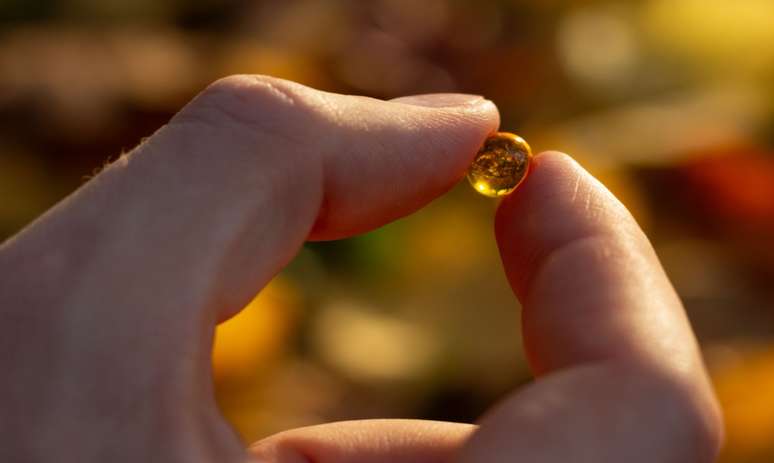A study shows that drunkenness makes people feel the pain of others less
Alcohol’s ability to increase pain thresholds is one reason why alcohol consumption stimulates aggression, suggests a study just published in Journal of Alcohol and Drug Studies.
Researchers from Ohio State University and Kentucky State University in the US found that the less pain study participants felt after consuming an alcoholic drink, the more pain they were willing to inflict on another person.
Less pain, less empathy
“We’ve all heard the saying ‘I feel your pain,'” said study co-author Brad Bushman.
But if drunk people can’t feel their own pain, they are less likely to empathize with the pain of others, and this could lead them to be more aggressive.”
The publicly funded research involved two independent laboratory experiments: one with 543 participants and the other with 327 participants. In both groups, participants reported consuming 3 to 4 alcoholic drinks per occasion, at least once a month.
Real and fake alcoholic drinks
Participants had 20 minutes to consume an alcoholic drink or a placebo. The orange juice drinks looked identical, so participants didn’t know which one they were getting. In the case of the placebo drinks, the researchers put a small amount of alcohol on top of the orange juice and sprayed the alcohol on the rim of the glass to give it the taste of alcohol.
After consuming the drink, each participant received electric shocks lasting one second on two fingers of one hand. The researchers increased the intensity of the shocks until the participant described the shock as “painful.” This point was considered the participant’s pain threshold.
They then took part in a competitive online reaction time task, in which the winner could shock the loser. Shocks ranged from 1 (low) to 10, a level the participant rated as “painful.” Participants could also choose the duration of the shocks.
Pain tolerance and aggression
The researchers randomly declared the participant the “winner” in half of the reaction time tasks. The aim was simply to see whether those consuming the alcoholic drink would be willing to apply stronger and longer shocks – and whether a higher pain threshold influenced this.
The results showed that for those who consumed alcohol, drinking increased the level at which the shocks became painful. And the greater the tolerance to physical pain, the greater the level of aggression in terms of the intensity and duration of the shocks they are willing to apply to the “opponent”.
Those who drank the placebo drinks were not as aggressive in their responses, in part because their pain threshold was generally lower than those who consumed alcohol, Bushman explained. “In other words, they could still feel their own pain — and they didn’t want to inflict pain on others,” he said.
Alcohol concentrations
The people who consumed alcohol in this study had blood alcohol concentrations of between 0.095% and 0.11%. This is slightly higher than the legal limit in most US states, which is 0.08%.
“The effects of alcohol on pain tolerance may be greater for those who consume more than for participants in these experiments,” Bushman said. “This can make them even more likely to be aggressive towards other people.”
Of course, there are many reasons why intoxicated people are more likely to intentionally hurt others, but research suggests that pain tolerance may be one of them.
Source: Terra
Ben Stock is a lifestyle journalist and author at Gossipify. He writes about topics such as health, wellness, travel, food and home decor. He provides practical advice and inspiration to improve well-being, keeps readers up to date with latest lifestyle news and trends, known for his engaging writing style, in-depth analysis and unique perspectives.








